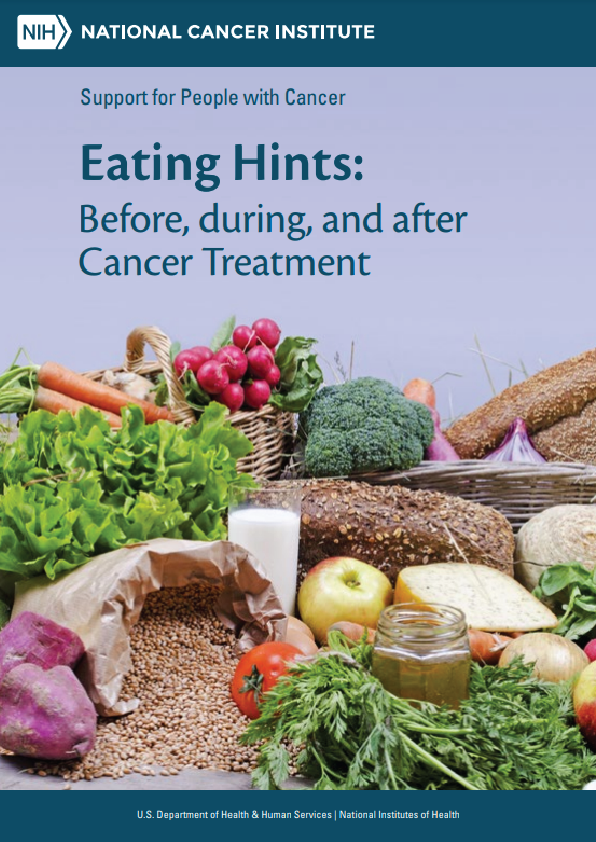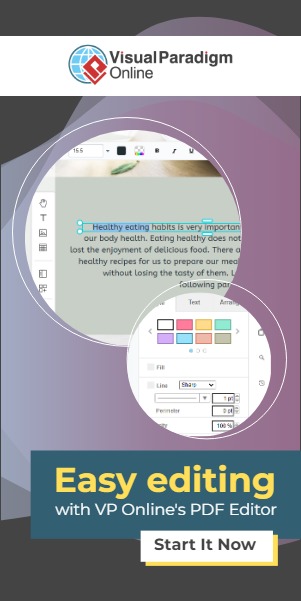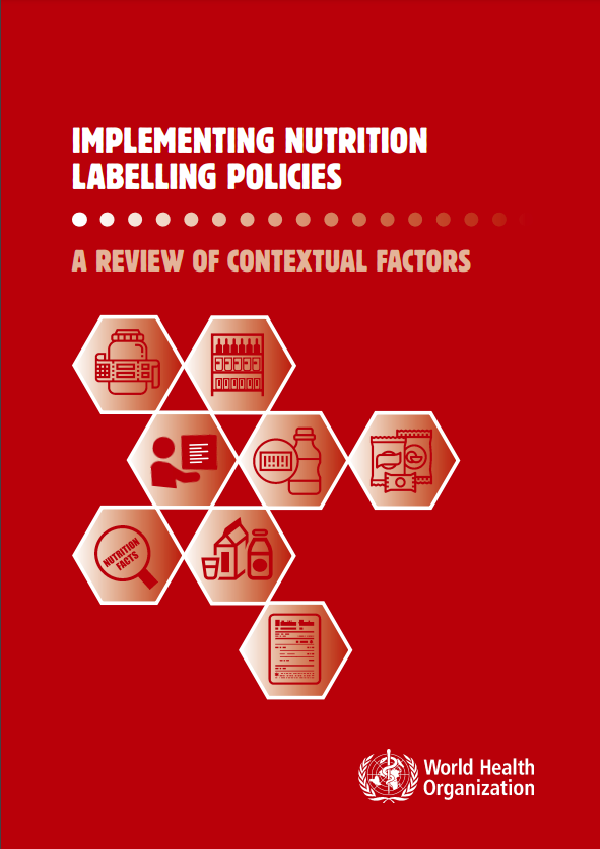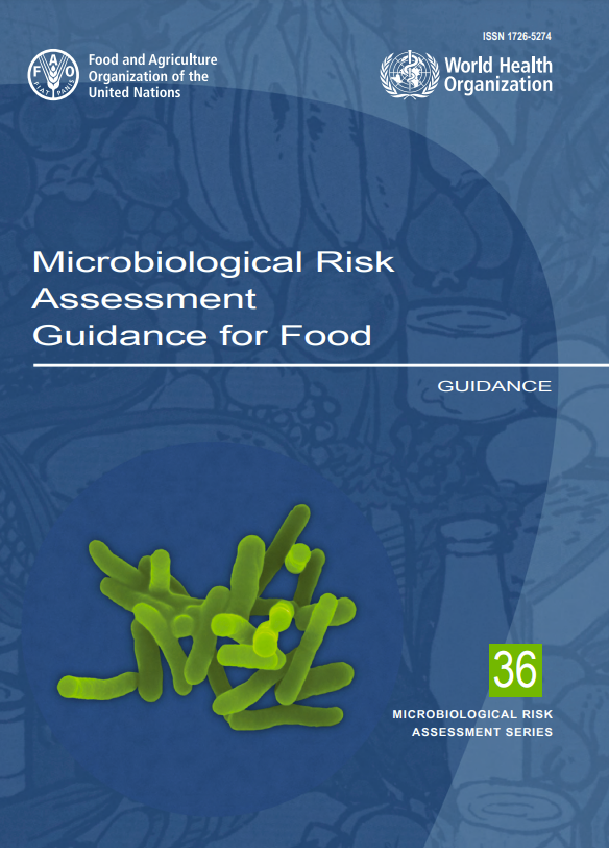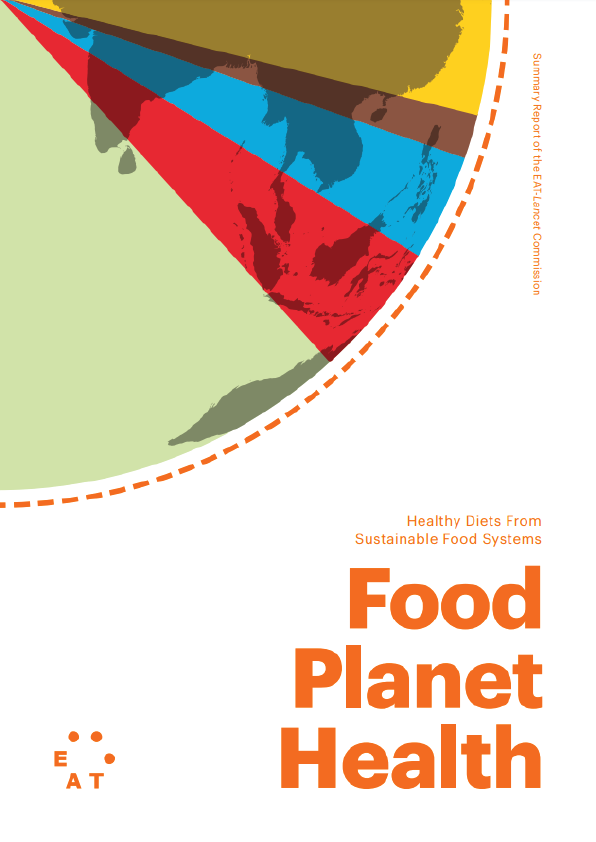People with Cancer Have Different Diet Needs
People with cancer often need to follow diets that are different from what you think of as healthy. For most people, a healthy diet includes:
- Lots of fruits, vegetables, and whole grain breads and cereals
- Modest amounts of meat and milk products
- Small amounts of fat, sugar, alcohol, and salt
When you have cancer, though, you need to eat to keep up your strength to deal with the side effects of treatment. When you are healthy, eating enough food is often not a problem. But when you are dealing with cancer and treatment, this can be a real challenge.
When you have cancer, you may need extra protein and calories. At times, your diet may need to include extra milk, cheese, and eggs. If you have trouble chewing and swallowing, you may need to add sauces and gravies. Sometimes, you may need to eat low-fiber foods instead of those with high fiber. A dietitian can help you with any diet changes you may need to make.
Side Effects from Cancer Treatment Can Lead to Eating Problems Cancer treatments are designed to kill cancer cells. But these treatments can also damage healthy cells. Damage to healthy cells can cause side effects that lead to eating problems. See the list on page 9 to see the types of eating problems that cancer treatment may cause. Common eating problems during cancer treatment include:
- Appetite loss
- Changes in sense of taste or smell
- Constipation Î Diarrhea
- Dry mouth
- Lactose intolerance
- Nausea
- Sore mouth
- Sore throat and trouble swallowing
- Vomiting
- Weight gain
- Weight loss
Some people have appetite loss or nausea because they are stressed about cancer and treatment. But once people know what to expect, they often feel better.
Getting Ready for Cancer Treatment
Until treatment starts you will not know what, if any, side effects or eating problems you may have. If you do have problems, they may be mild. Many side effects can be controlled and many problems go away when cancer treatment ends.
- Eat a healthy diet and stay about the same weight before treatment starts. Eating a healthy diet and maintaining weight before treatment helps you stay strong, lower your risk for infection, cope with side effects better, and have a greater chance of receiving treatment without unplanned breaks.
- Go to the dentist. It is important to have a healthy mouth before you start cancer treatment.
- Ask your doctor, nurse, or dietitian about medicine that can help with eating problems.
- Discuss your fears and worries with your doctor, nurse, or social worker. He or she can discuss ways to manage and cope with these feelings.
- Learn about your cancer and its treatment. Many people feel better when they know what to expect.
Ways You Can Get Ready to Eat Well
- Fill the refrigerator, cupboard, and freezer with healthy foods. Make sure to include items you can eat even when you feel sick.
- Stock up on foods that need little or no cooking, such as frozen dinners and ready-to-eat cooked foods.
- Cook foods ahead of time and freeze in meal-sized portions.
- Ask friends or family to help you shop and cook during treatment. Maybe a friend can set up a schedule of the tasks that need to be done and the people who will do them.
- Create a grocery list of items you usually buy so that it is easy for friends and family to shop for you.
- Talk with your doctor, nurse, or dietitian about what to expect. You can find lists of foods and drinks to help with many types of eating problems on pages 41 to 53.
Everyone Is Different
Because everyone is different, there is no way to know if you will have eating problems and, if so, how bad they will be. You may have just a few problems or none at all. In part, this depends on the type of cancer you have, where it is in your body, what kind of treatment you have, how long treatment lasts, and the doses of treatment you receive. During treatment, there are many helpful medicines and other ways to manage eating problems. Your doctor, nurse, or dietitian can tell you more about the types of eating problems you might expect and ways to manage them. If you start to have eating problems, tell your doctor or nurse right away.
Do you want to learn more about this topic? You can read through the book from the above.
